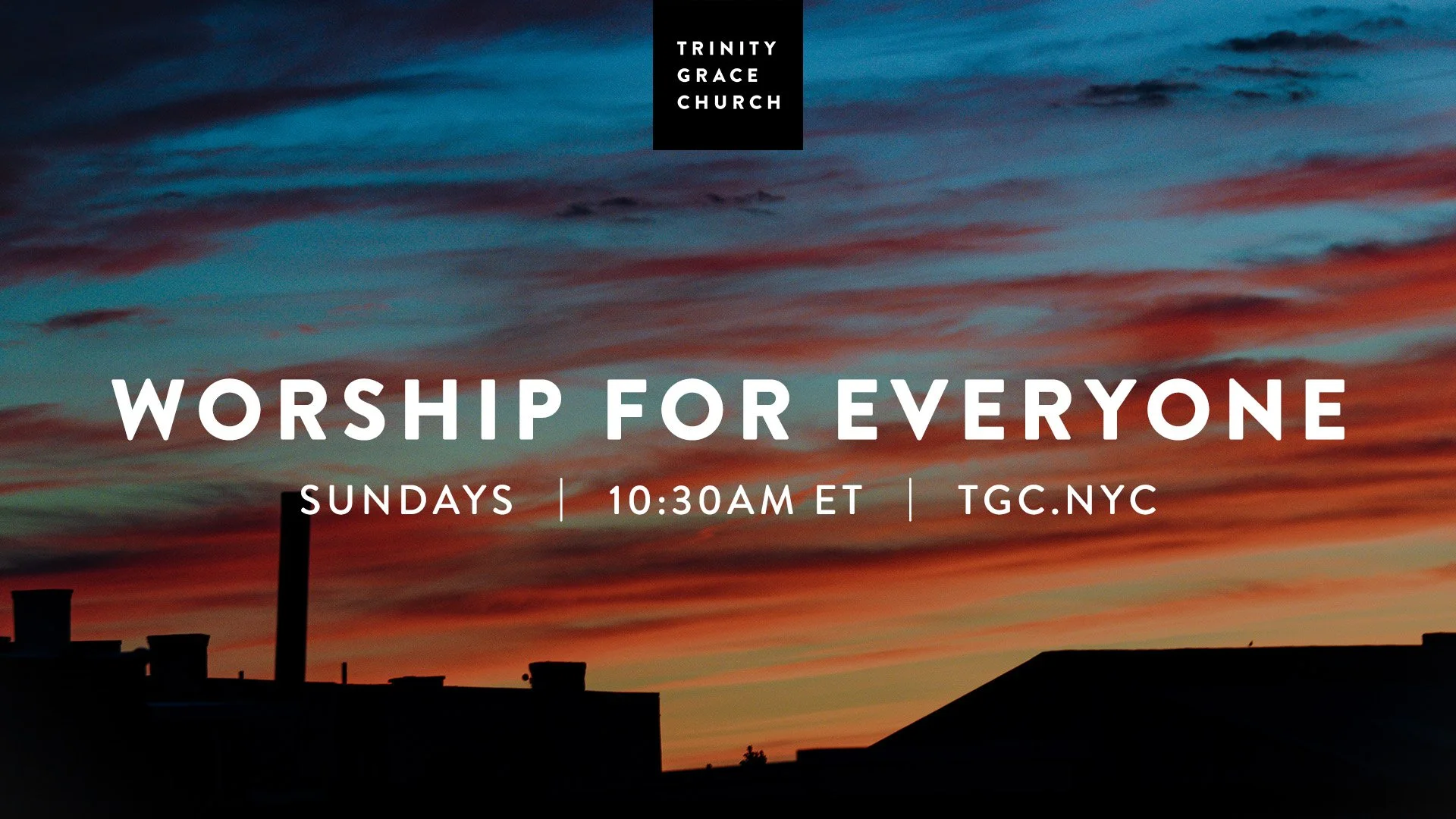About This Guide
The online groups guide is designed as a teaching series companion to foster discussion, study, and prayer, especially in a group setting.
Join a weekly group for a meaningful way to connect to our community.
pdf download
Download this PDF to help you make a plan to follow Jesus in your everyday life, including diagnostic questions to help get you started.
Pickup a print version at our weekly in-person Sunday gatherings.
more Resources
Explore a curated online collection of recommended practices and resources to pursue presence, formation, and love in your life.
Questions about the series or looking for a way to get involved? Contact us.
Love
Teaching Text: Numbers 6: 22-27
The Lord said to Moses, “Tell Aaron and his sons, ‘This is how you are to bless the Israelites. Say to them:
“‘“The Lord bless you
and keep you;
the Lord make his face shine on you
and be gracious to you;
the Lord turn his face toward you
and give you peace.”’
“So they will put my name on the Israelites, and I will bless them.”
Themes
Consider these themes and ask your group what else they see in the passage:
Blessing prayer
Formation
Thoughts and notes you can use for discussion:
How would the world be different if God answered all your prayers?
If everyone prayed the way I pray, what would the prayer life of our church life be like?
Prayer is our participation with God in making the word right.
God can do whatever God wants
But God shows us over and over that God wants relationship
God invites us to participation and cooperation
God insists on involving us through love
But it’s even more than that. God is committed to distributing the resources of Heaven in the world through His sons and daughters in Christ.
God has said you are My sons and daughters. Here is My Ring.
It’s all by grace. Distribute the resources of My Kingdom in the world through your prayers and love.
God’s entire plan has always been participation - Joining/Sharing - Friendship - Love
A blessing is more than a well wish. It is to use our spiritual authority to confer something to another. It is to partner with God in declaring a present identity or a future good into someone's life.
To really bless someone is to conspire with God for their good
To ignore or belittle a blessing is a profound mistake.
When we pray for one another - we practice blessing one another.
A blessing confirms our identity - one loved by God
A blessing invites us into good - may a light shine on how to live out who we are
A blessing announces the security of our future - reminds us that we cannot be taken out of God’s love
When we bless - we are not only offering the Good News of Christ to others.
We are offering our lives as well.
We say I will join in in giving you what God intends in your life.
“Just as a nursing mother cares for her children, 8 so we cared for you. Because we loved you so much, we were delighted to share with you not only the gospel of God but our lives as well.“
– 1 Thessalonians 2 v 7-8
Who needs you to pray and enact blessings in their life?
What moments in the lives of those around you require you to represent and disperse the blessing and resources of God?


















